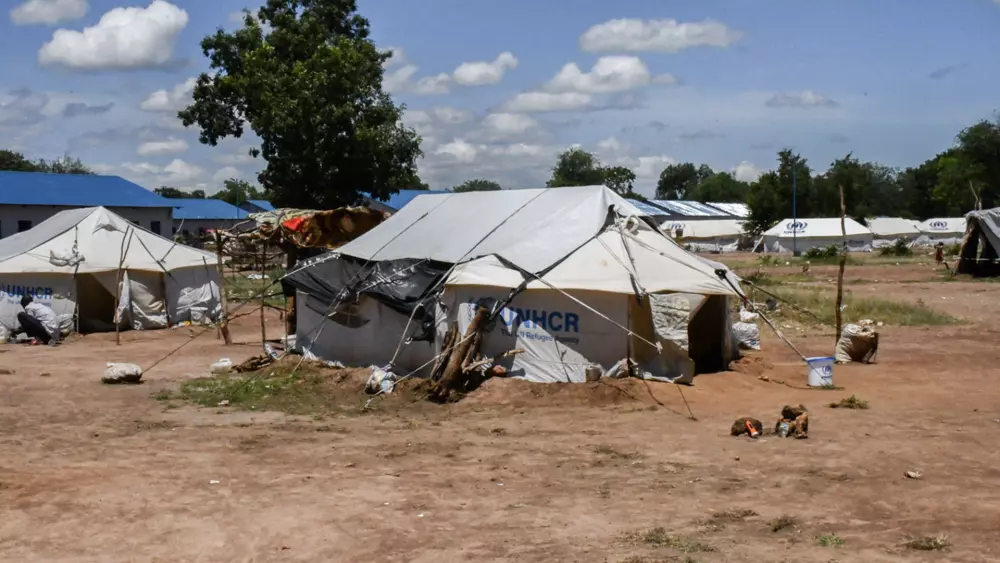The United Nations High Commissioner for Refugees (UNHCR) has raised concerns over the plight of refugees and returnees as it grapples with an influx amid funding shortfalls.
Speaking in an exclusive interview with Radio Tamazuj in Juba, Marie-Helene Verney, UNHCR Country Representative in South Sudan, said the agency is struggling to provide basic needs, including health and education, to the over 550,000 refugees from Sudan due to a funding shortage that has resulted in food ration cuts.
“We have witnessed ongoing reductions in the capacity of UN agencies to support refugees in South Sudan. Food rations, for example, are lower than before,” she revealed. “While UNHCR has managed to maintain essential services such as health and education, indeed, the standards are not as high as they once were.”
According to Verney, although the UN agencies are hit by a funding shortfall, they are engaging with other institutions to provide the basic services to the refugees.
“So, it is a difficult situation, but there are also some very positive developments, very strong engagement of the banks, World Bank, African Development Bank, on displacement issues and refugees in South Sudan, which gives us some confidence that we can be optimistic,” she said.
The UNHCR boss noted that while funding had decreased this year, the greater challenge was the loss of flexible resources that previously allowed UNHCR to respond quickly to multiple crises in South Sudan.
Since the outbreak of the conflict in Sudan in April 2023, over 1 million people, including both South Sudanese returnees and Sudanese refugees, have entered South Sudan.
The influx of returnees and refugees from Sudan has exacerbated the already dire humanitarian situation in South Sudan, caused by conflict, climate shocks like flooding and heatwaves. According to the latest Integrated Food Security Phase Classification (IPC), over half of South Sudan’s population is experiencing severe food insecurity.
With clear signs of famine risk in specific areas and a widespread crisis elsewhere, the situation demands urgent, multi-sector humanitarian intervention to prevent further deterioration and loss of life, according to the UN.




